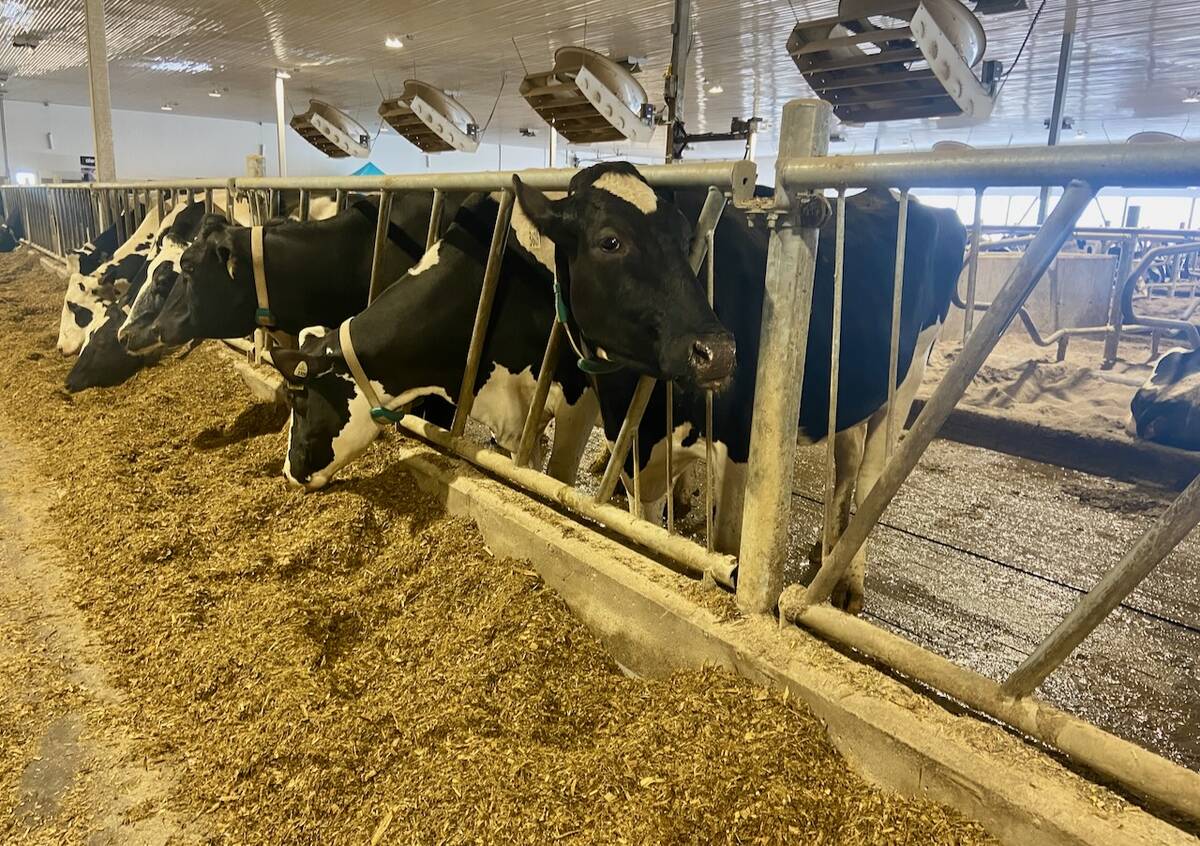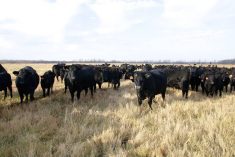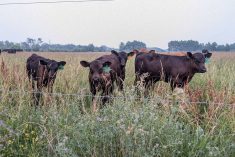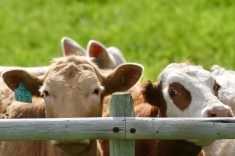PINCHER CREEK, Alta. – As a few people wander along the banks of the Pincher Creek looking at damage from the worst flood they’ve ever seen, the only sound is the river roaring eastward. A few birds soar by and a stench hangs about the place.
Matted weeds, tree limbs, silt and pieces of twisted junk are piled in low-lying fields and in the towns of Pincher Creek, High River and Fort Macleod.
Now that the Oldman, Bow, Highwood and South Saskat-chewan Rivers have receded, provincial government staff is receiving claims at 11 centres from High River to Medicine Hat to help people take inventory of what can be replaced.
Read Also

U.S. farm group supports supply management
U.S. grassroots farm advocacy group pushing new agriculture legislation that would move towards supply management like Canada has for dairy industry
The province has promised up to $100,000 to replace lost possessions not covered by personal insurance. Farmers are eligible for an additional $100,000 package to clean up and rebuild their farms.
People were urged to bring in pictures, videos and detailed lists of lost property so staff from disaster recovery services can help them determine what might be eligible for coverage from the province and if they had any claims covered by insurance polices, said Elaine Kalynchuk of Alberta Agriculture.
Team assessed damage
Kalynchuk is part of a team that moved immediately into the south after the flooding. Government officials have toured the area by helicopter. Losses so far are estimated at about $100 million.
“A lot of people can’t give estimates yet because they can’t get to the areas,” said Kalynchuk.
It is hoped money will be delivered by mid-July, she said.
During the week of June 6, some farmers were stranded for up to four days because of bridge and road washouts. Telephone service was gone, so they couldn’t call for help.
Some have pitched tents on their farms to care for and find livestock and start the long clean up necessary for recovery. Many have lost their homes outright and others have had their houses declared uninhabitable.
Dead animals, saturated soil and ruptured gaslines in some areas are creating a pungent odor.
The streets on the north side of Pincher Creek are lined with mud and the town is strangely quiet. Weeds, grass and other garbage are tangled in hedges and fences. A few dogs sniff at the piles of ruined household items stacked in front of homes waiting for garbage pick up.
A trailer court is teetering on the edge of the Pincher Creek. A major bridge was ripped away and hangs in mid-air as it waits for clean-up crews to drag away chunks of jagged pavement and concrete.
A compensation program is available for residential losses, but it excludes almost as many things as it covers.
Under the agriculture component, farmers can claim up to $100,000 in losses and a maximum of $100,000 for lost residences, said Jean Wishneski of the Municipal District of Pincher Creek. She and Kalynchuk estimate about a dozen farms were hit badly in both areas.
Compensation is available for renting equipment for clean up, replacing fences, water pumping costs, lost grain storage bins, special crops and farm buildings not covered by other insurance. Unharvested hay that was cut and lost, forage crops that can’t be salvaged and greenhouses may be claimed as well.
Crop insurance claims on unseeded acreage of $30 per acre is available to policyholders on eligible acreages not seeded before June 20.
Anywhere from five to 50 percent of the crops had gone into the ground at Pincher Creek. With warm weather, many will still attempt to finish seeding, said Wishneski.















